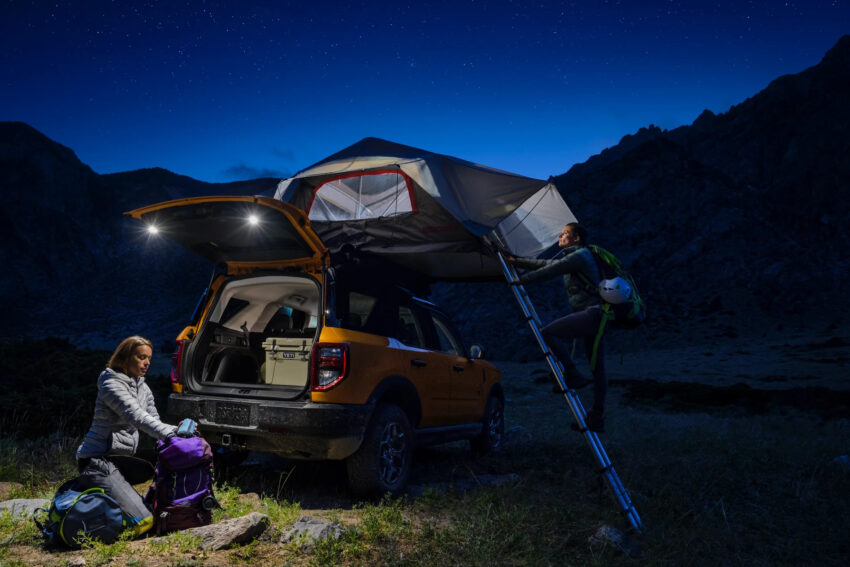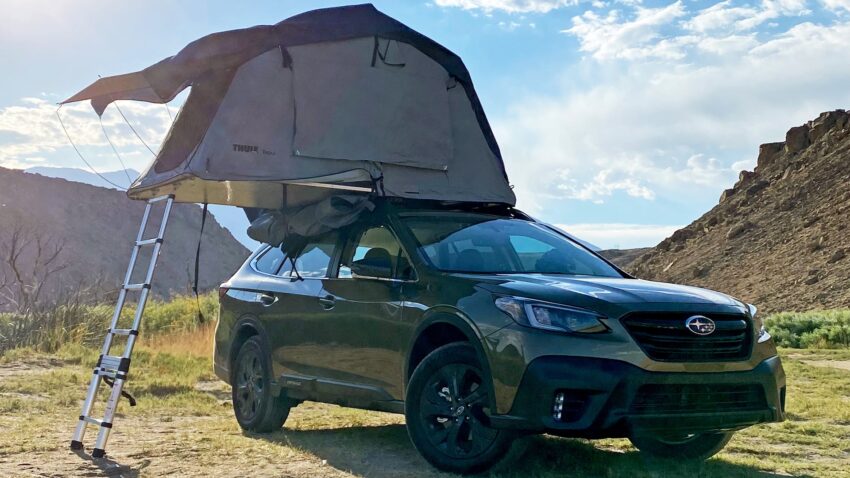
How to Car Camp in Winter
Winter can be a magical time to camp in the great outdoors, but it also brings its own set of unique challenges. From staying warm and dry to ensuring your vehicle can handle the conditions, there are several things to consider when planning a winter car camping trip. In this article, we’ll provide you with everything you need to know to have a safe and enjoyable winter camping experience. This article is brought to you by Tradecarhub
Introduction
Winter camping can be an incredible adventure, but it requires a bit more preparation and planning than camping during the warmer months. Car camping in winter, however, can make things a bit easier as you have the added benefit of having a warm, dry shelter with you at all times. In this article, we’ll go over everything you need to know to make your winter car camping experience a success.
1. Choose the Right Vehicle

Before you hit the road, you’ll need to make sure your vehicle is up to the task of handling winter conditions. Make sure your vehicle has a reliable four-wheel drive system, good tires, and that it’s been properly maintained. A battery that’s in good condition is also important, as cold temperatures can be hard on batteries. Find out HOW HOT DO BRAKE ROTORS GET
2. Pack the Right Gear
Packing the right gear is crucial to staying warm and dry while camping in winter. Here are some essentials to consider:
a. Warm Sleeping Bags and Pads
A warm sleeping bag is a must-have for winter camping. Make sure your sleeping bag is rated for the lowest temperature you expect to encounter. In addition, consider packing a sleeping pad to insulate yourself from the cold ground.
b. Winter Clothes and Layers
Dressing in layers is key to staying warm in cold temperatures. Pack plenty of warm clothes, including a waterproof outer layer, and make sure to bring extra socks and gloves.
c. Heat Source
A reliable heat source is crucial when camping in winter. A propane or butane heater is a popular choice for car camping, but make sure to follow all safety guidelines when using it.
3. Find the Right Campsite
When camping in winter, it’s important to find a campsite that offers some protection from the wind and elements. Look for a site that’s sheltered by trees or other natural features. You should also make sure the site is level and that there’s enough room to park your vehicle.
4. Set Up Camp
Once you’ve found the perfect campsite, it’s time to set up camp. Here are some tips to keep in mind:
a. Clear Snow and Ice
Before you set up camp, make sure to clear away any snow and ice from the area where you’ll be sleeping and walking. This will help prevent slips and falls.
b. Use a Tarp
Lay a tarp down on the ground before setting up your tent. This will provide an additional layer of insulation and help keep your tent floor dry.
c. Insulate Your Vehicle
Insulating your vehicle can help keep you warm while you sleep. Hang blankets or curtains over the windows, and consider placing insulation panels in the windows or over the windshield.
5. Stay Safe
When camping in winter, safety should be your top priority. Here are some safety tips to keep in mind:
a. Monitor Carbon Monoxide Levels
If you’re using a propane or butane heater, make sure to monitor carbon monoxide levels to prevent carbon monoxide poisoning. Never use a heater in an enclosed space.
b. Be Prepared for Emergencies
Winter weather can be unpredictable, so make sure you’re prepared for emergencies. Pack a first aid kit, extra food and water, and a flashlight.
6. Have Fun!
While winter car camping can be challenging, it can also be incredibly rewarding. Take the time to appreciate the beauty of the winter landscape, and make sure to bring along some fun activities like snowshoeing or sledding.
Conclusion
Winter car camping can be an incredible experience, but it requires a bit more preparation and planning than camping during the warmer months. By choosing the right vehicle, packing the right gear, finding the right campsite, setting up camp properly, and staying safe, you can have a safe and enjoyable winter camping experience. So pack your bags, hit the road, and get ready to create some unforgettable memories!
